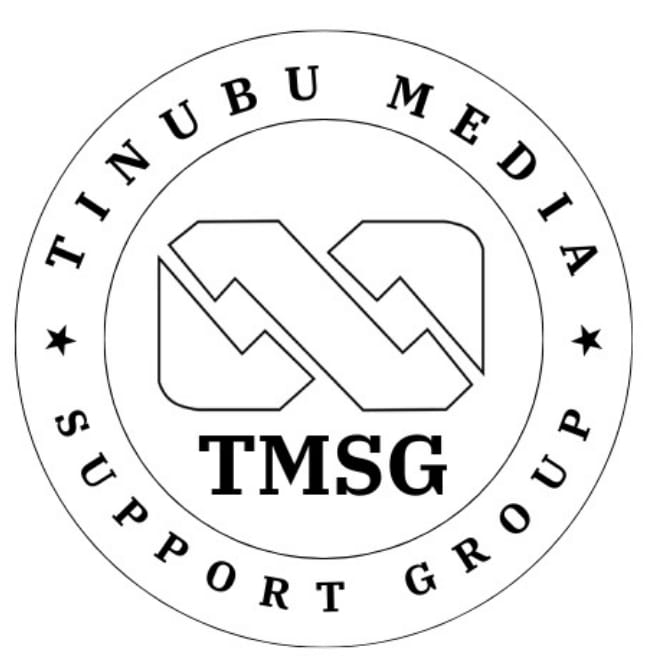The Socio-Economic Rights and Accountability Project (SERAP) has called on the President of the Senate, Godswill Akpabio, and Speaker of the House of Representatives, Tajudeen Abbas, to immediately withdraw a controversial bill seeking to amend the Nigeria Data Protection Act, 2023, warning that failure to do so would result in legal action.
The proposed legislation, titled “A Bill for an Act to Amend the Nigeria Data Protection Act, 2023, to Mandate the Establishment of Physical Offices within the Territorial Boundaries of the Federal Republic of Nigeria by Social Media Platforms and for Related Matters,” seeks to regulate bloggers and compel them to establish local offices and join recognized national blogging associations.
In a letter dated April 12, 2025, and signed by SERAP Deputy Director, Kolawole Oluwadare, the organisation described the bill as repressive, noting that it represents a backdoor attempt to reintroduce the previously rejected social media regulation bill.
“This bill is a blatant attempt to bring back and fast-track the obnoxious and widely rejected social media bill by the back door,” SERAP stated. “If passed, the bill would not only regulate bloggers but could also be used to shut down major social media platforms such as Facebook, X (formerly Twitter), Instagram, WhatsApp, YouTube, TikTok, and others, if they fail to establish physical offices in Nigeria within 30 days.”
The organization argued that the proposed amendment would infringe on fundamental rights enshrined in the Nigerian Constitution and various international human rights treaties to which Nigeria is a signatory.
According to SERAP, the bill may have a chilling effect on freedom of expression, press freedom, and civic space, while also serving as a tool to punish dissenting voices.
“The regulation of bloggers and compulsory registration would amount to censorship and violate the right to freedom of expression,” the letter stated. “The bill could be used to silence criticism of government policies, force bloggers to reveal sources, and suppress public discourse on vital national issues.”
SERAP also warned that the amendment could harm Nigeria’s digital economy and drive away international technology firms by imposing arbitrary physical presence requirements.
“There is no legitimate justification for requiring bloggers or internet-based platforms to register with the government before expressing opinions. Mandatory registration is incompatible with democratic principles,” the group added.
The organization urged the National Assembly to drop the bill and instead promote legislation that protects digital rights, freedom of expression, and access to information.
“If the National Assembly and its leadership fail to withdraw the bill, and should it be assented to by President Bola Tinubu, SERAP will take all appropriate legal actions to challenge its legality and ensure it is never implemented,” the statement concluded.
SERAP emphasized that any restriction on digital platforms must meet the strict standards of legality, necessity, and proportionality, in line with national and international human rights obligations.





